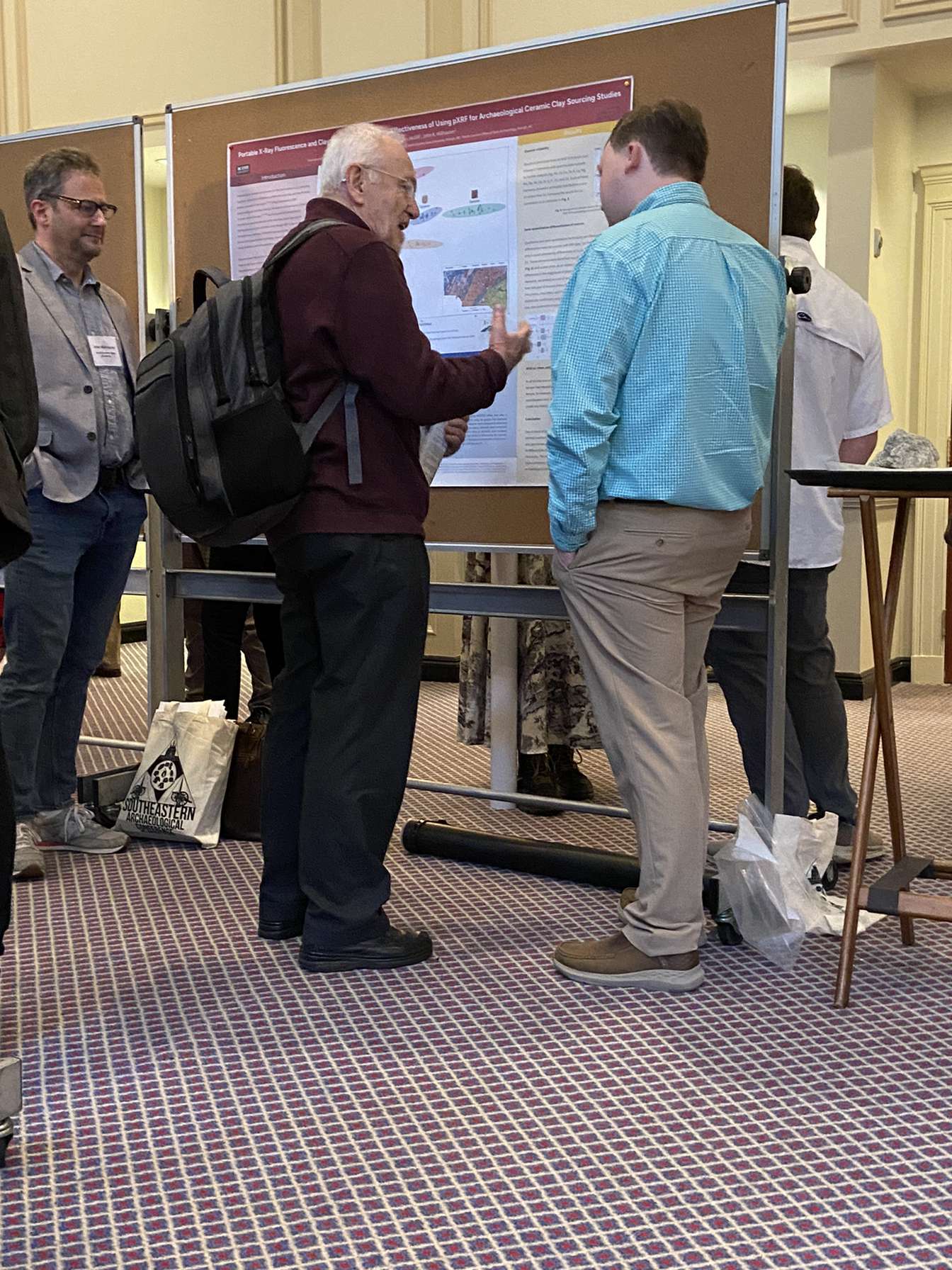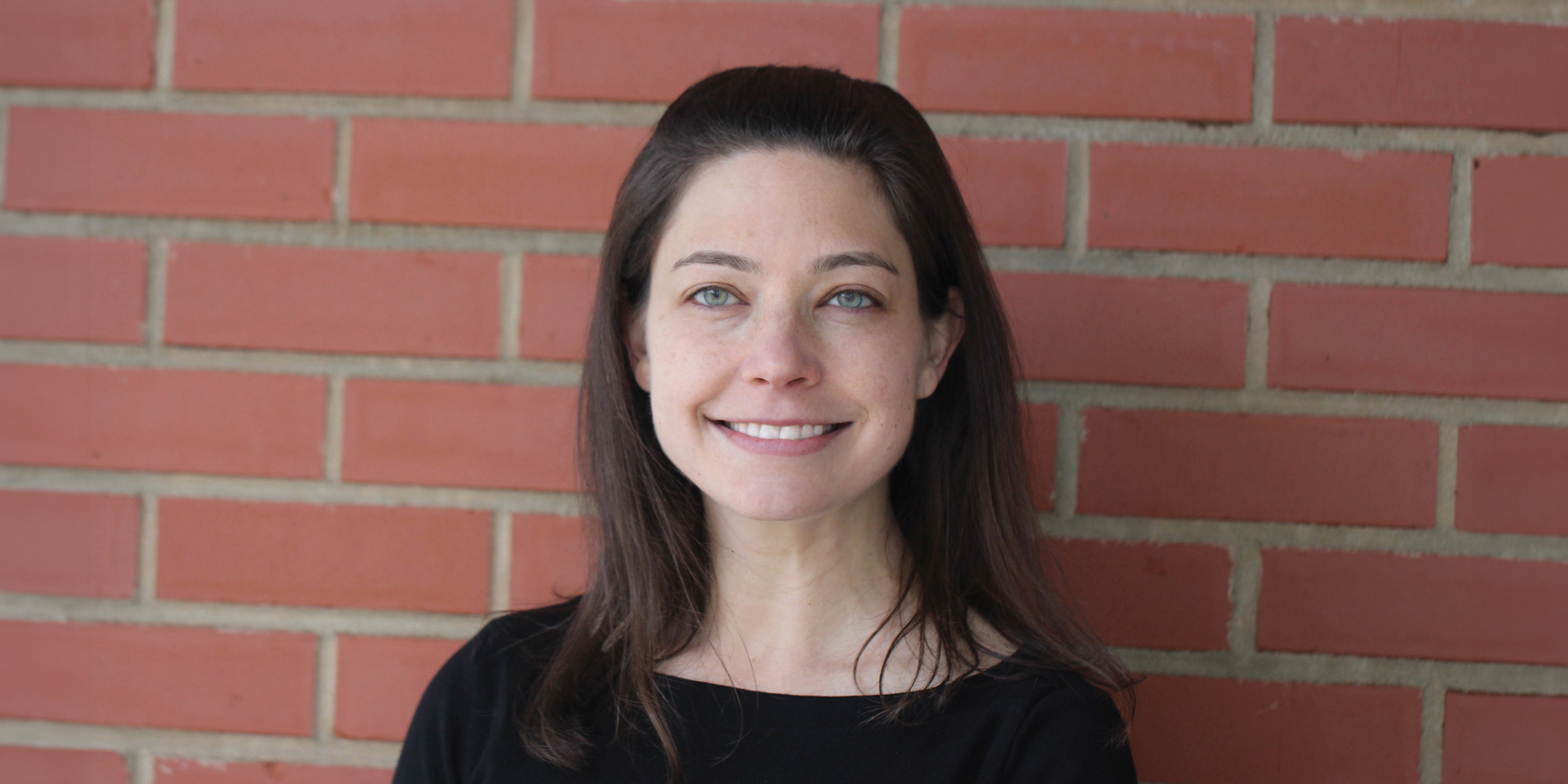Student Researches Electronic Music Subcultures, Immigrant Treatment

Research can deepen students’ passion for a subject, challenging them to search for answers to complex questions. It permits students to be creators of knowledge, and not simply recipients of past ideas. This Q&A series explores the role research can play for Humanities and Social Sciences undergraduates.

Shelby Coury, a senior double majoring in sociology and anthropology, and minoring in Spanish, has participated in two research projects.
What sparked your interest in research?
My “Deserving Migrants” research arose because my husband is an immigrant, and I am connected to the Hispanic community through him and my Spanish minor. I’m also interested in inequality and advocating for marginalized groups. But I never would have started this project if not for co-author Emily Estrada [a lecturer and sociology doctoral student]. I studied amnesty in her International Development class and when I asked about research opportunities, she suggested this. I had an interest in the subject and had previously worked analyzing newspaper articles – it was the perfect fit.
My work on electronic dance music (EDM) subculture came from a Theories of Social Interaction class, where I learned about subcultures, their group goals and how they become their own groups. I had attended large EDM shows (raves), and immediately identified the attendants as having their own set of norms in dress, behavior and possibly worldview, which was fascinating to me. So I reached out to my professor Michaela DeSoucey, and she offered to mentor me through the process of writing an ethnography on EDM subculture.
Tell us more about the research.
The Deserving Migrants project is a frame study of representations of immigrants in the New York Times between 2001-12. Emily Estrada and graduate student Emily Cabaniss brought me on as co-author. We found very interesting frames associated with immigrants, such as “family-oriented,” “hard-workers,” or “victims,” and analyzed whether the frames were viewed positively or negatively. We presented preliminary results at the 2014 Southern Sociological Society annual meeting, and hope to turn it into a published journal article.
For the EDM project, I wrote an ethnography using participant observation and semi-structured interviewing to answer these questions:
- Is EDM a subculture?
- What are the norms of the potential subculture?
- How does one become an “authentic” member of the subculture?
So far, I have written a 25-page paper of preliminary findings. I discuss norms, the importance of peer groups for initial involvement in the subculture and the performance of authenticity as a member of the group. I hope to produce a solid research paper for publication.
How does your research relate to your major, career goals and personal interests?
The immigrant research relates to my sociology major and Spanish minor. I study inequality in sociology, more specifically the social mechanisms that keep certain groups at a disadvantage. How our country’s most read and credible newspaper frames immigrants is a huge mechanism for maintaining inequality. Hopefully, my research team and I can identify and dissect these frames to help break down the inequality.
My EDM research does not connect directly to my interests. However, it has been a major learning experience that will benefit any future research during graduate school.
What have you learned?
I learned to work with others toward a common goal, discovered that research is difficult and lengthy, and found that you have to stick to a goal when things get hard, even if that means adjusting plans. Additionally, I learned how to find research participants, how to get IRB approval, how to create a consent form, and how to present in front of people who are more experienced. I also realized that I am capable of these things! Without these experiences, I would certainly not be as prepared for the workforce or for graduate school.
What were some of the challenges?
For the immigrant research, the biggest challenge was coordinating meetings and research between three very busy people, and agreeing on the proper methodology or interpretation when we have different perspectives. However, this can also be advantageous because it allows for a more in depth and holistic analysis.
For the EDM project, I had numerous challenges, such as finding time to research, interviewees to participate and money to attend the concerts. I struggled to create a grounded theory and to search for resources on my own.
What have some of the rewards been?
I enjoyed outside recognition of my work, such as being featured on the NC State Anthropology and Sociology Facebook page, and earning a Humanities and Social Sciences Undergraduate Research award. However, my real rewards have been the knowledge I gained through the research and through the experience of doing research. I made invaluable contacts in my department and at other schools. I gained confidence in myself, my intelligence and my ability to conduct research.
- Categories:


